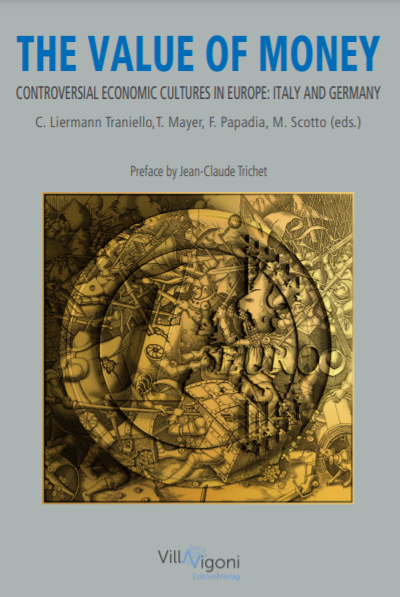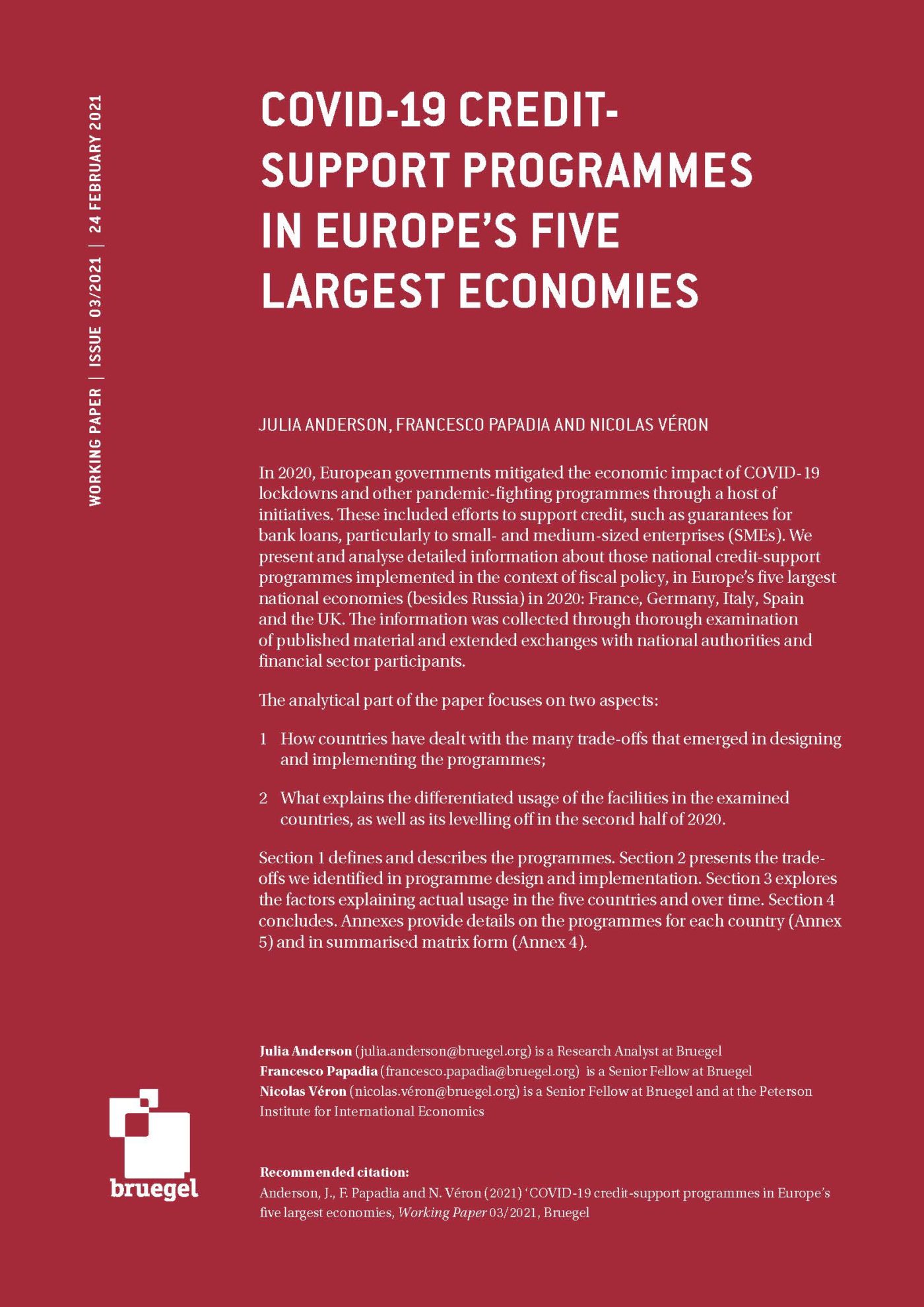Blog Post
Italy and Spain “must break down barriers to growth”
The current crisis afflicting the eurozone has brought the economic convergence between southern and northern Europe to a grinding halt. The Mediterranean countries are, once again, starting to fall behind. While this deepening rift may be partly due to the flawed design on the euro, there are clearly other factors as well that have kept the so-called PIGS – Portugal, Italy, Greece and Spain – from catching up. Identifying the barriers to growth in those countries is therefore key.
The current crisis afflicting the eurozone has brought the economic convergence between southern and northern Europe to a grinding halt. The Mediterranean countries are, once again, starting to fall behind. While this deepening rift may be partly due to the flawed design on the euro, there are clearly other factors as well that have kept the so-called PIGS – Portugal, Italy, Greece and Spain – from catching up. Identifying the barriers to growth in those countries is therefore key.
Using microeconomic date collected by the European Firms in a Global Economy survey in seven European countries, we find a striking difference between the PIGS and the other countries in the size of their firms. Italian and Spain firms are on average 40 per cent smaller than German ones. Only a mere five per cent of manufacturing firms in Italy and Spain have more than 250 employees, compared with a much higher 11 per cent in Germany. These differences are further enhanced when looking at exporting firms.
An overabundance of small firms is a sign of inefficiencies brought about by barriers to firm growth. It is desirable to have large firms: evidence shows that larger firms are more profitable, pay higher wages, are more productive, and make for more successful exporters. So what are the barriers in Italy and Spain that prevent firms from becoming large? And which policies are likely to be most effective in breaking down those barriers?
In our report Breaking down the barriers to firm growth in Europe we have tried to answer those questions by developing a multi-country model that jointly analyses different frictions that may contribute to lower growth. These frictions include access to international markets – export costs – difficulty to engage in growth orientated policies due to domestic costs – innovation costs – and tax distortions.
Our findings show that the barriers to firm growth are different in Italy and Spain. While in Italy the main barrier seems to be the high costs of innovation, in Spain the absence of firm growth is mainly due to high export costs. In particular, our estimates suggest that in Italy innovation is 47 per cent costlier than in Germany. In the case of Spain the difference is a much lower 12 per cent. However, exporting is 58 per cent costlier for Spanish firms, compared with their Germany brethren. This suggests that if Italy and Spain want to lower the barriers to firm growth, they should focus on different policies: Italy should reduce the domestic costs that drive firm growth, whereas Spain should reduce export costs. For example, Italy should cut down on red tape, and Spain should make ports more efficient and air transport less costly.
The severe economic crisis Europe is immersed in risks worsening the long-run prospects of firm growth. Fiscal austerity programmes are biting hard. For example, the Spanish government, in an effort to cut the public deficit, has reduced spending in research and development by about 20 per cent between 2009 and 2012. Although this drop corresponds to only 0.1 per cent of gross domestic product, we find that it will reduce welfare in terms of consumption by 3 per cent. But fiscal austerity is not the only reason for concern.
A much more dramatic turn of events might lead to the break-up of the euro. Until recently considered a far-off doomsday scenario, this is now becoming a real possibility. While such a break-up would surely have many unforeseen consequences, we focus on the impact a drop in trade would have in firm growth. In light of Richard Baldwin’s 2006 report The euro’s trade effect, we assume that trade would fall by about 10 per cent due to the increasing risks associated with exchange rate fluctuations.
The increase in export costs would reduce the incentives for firms to innovate and grow, resulting in welfare losses in terms of consumption of between 7 and 15 per cent. Larger countries, such as Germany, have larger domestic markets, and would lose less – around 7 per cent – compared with smaller countries, such as Austria, which rely more on international trade, and would lose around 15 per cent. These estimates, already large, should be views as a lower bound, since they only capture the negative effect the euro break-up would have on trade flows, thus ignoring many other dimensions.
A version of this article was published in Public Service Europe
Republishing and referencing
Bruegel considers itself a public good and takes no institutional standpoint. Anyone is free to republish and/or quote this post without prior consent. Please provide a full reference, clearly stating Bruegel and the relevant author as the source, and include a prominent hyperlink to the original post.













